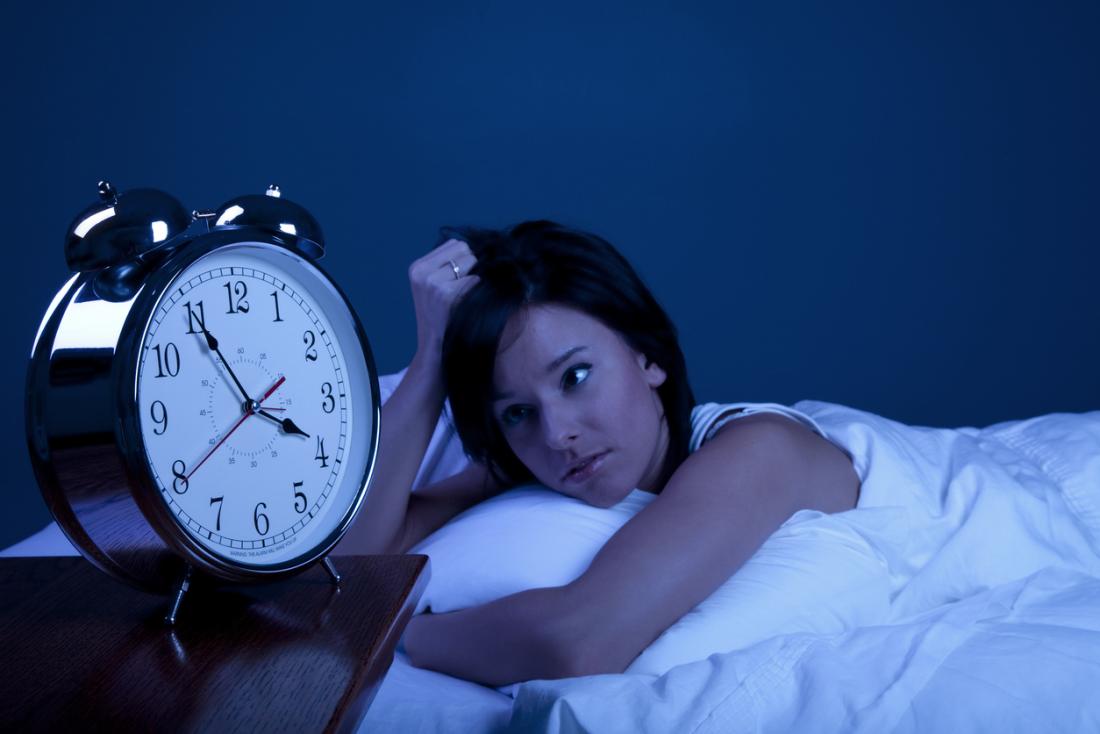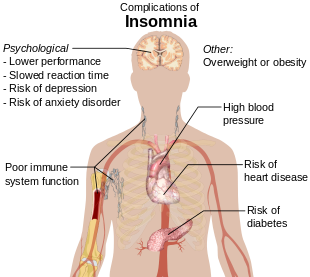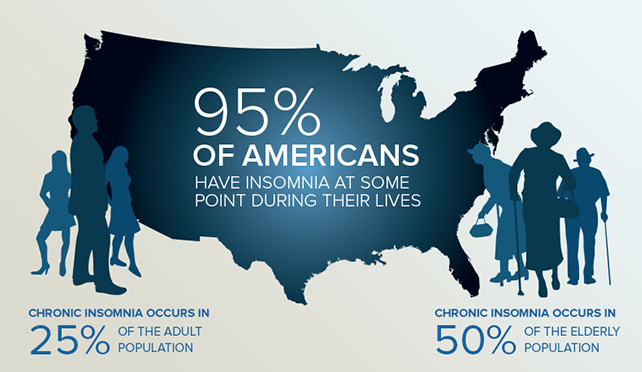Sleep is the body’s way of metabolically and psychologically resetting itself

Sleep helps your brain and body readjust to the stress placed upon it during the day.
Adequate sleep is necessary for long term health and regeneration.
Many of the body’s repair processes occur during the deep slow wave stages of sleep. Skin and other connective tissues regenerate themselves during the sleep cycle.
The pituitary gland secretes growth hormone, an anabolic and rejuvenating hormone, primarily at night, which is essential for maintaining strength, muscle mass and liver function, normalizing blood sugar, and keeping your immune system healthy.
Many of your neurotransmitters, such as serotonin, dopamine and norepinephrine, which are important for regulating mood and keeping you focused and alert ( Have you notice yourself in a bad mood or irritable and with lack of concentration when you don’t have a good night sleep ), are also synthesized during deep stages of sleep .
Sleep also function as a “antioxidant” for the brain because free radicals are removed during the sleep cycle. Sleep is required to ensure minimal neuronal damage occurs from free radicals acumulated through out the day.
Poor sleep can affect your health in numerous ways
- Can dampen immune defenses, leaving you more susceptible to catching a flu or a cold
- Changes your body production of and response to hunger hormones, which increases your appetite for unhealthy comfort foods ( links to obesity, diabetes and cardiovascular disease)
- Overproduction of cortisol and adrenaline (ephinephrine), causing a vicious cycle of stress, anxiety, blood sugar fluctuations, and increased heart rate and blood pressure

Maintaining a healthy sleep cycle and getting an optimal amount of sleep each night ( seven to eight hours) is imperative for staying healthy.
I see patients everyday in my office and when
I ask them how is your sleep ?
I get these answers:
- It’s good I sleep 5 hours that’s a lot for me
- I go to bed at 10 but I only fall asleep at 2 am
- I sleep first on the couch and then I go to bed , sometimes I don’t
- I sleep really good I get up 6 times during the night but I sleep good

I constantly tell them why sleeping is important and I show them ways of improving their sleep cycle
Examining closely your lifestyle habits that disrupt your body’s natural sleep-promoting mechanisms.
This will help ensure optimal sleep cycle regulation
- Maintain a consistent sleep schedule
- Get 7 to 8 hours of sleep each night
- Aim for 10 pm to go to bed
- Avoid caffeine after 3pm and alcohol after dinner
- Avoid visible clocks ( you will get stressed and keep track of time)
- Write down a list of tomorrows tasks before you go to bed so you can sleep worry free
- Keep the bedroom cool 65- 67degrees so your face is cool and hands and feet are warm which can induce sleep and enhance melatonin production
- Keep the bedroom dark and quiet
- Invest in a good quality pillow and mattress
- Increase exposure to bright light and sunshine in the morning
- Exercise regularly ( exercise in the morning and do relaxing yoga or meditation at night
- Eat a high protein snack several hours before bed
- Take a warm bath
- Listen to calming music
- Stretching or read a book
- Expose your body to the natural day cycle by exposing at least 30 minutes of sunlight this will optimize your vitamin D levels
- Expose your body to the natural night cycle getting MINIMAL exposure to light or electronics(CELL PHONE,COMPUTERS,TVS) 1 hour before bedtime.
- Turning the lights off an hour prior to bedtime will help trigger melatonin release in the brain which will trigger sleepiness.
If you have severe insomnia sleep restriction is a method commonly used to reset you body circadian clock, not taking naps not sleeping in and extend the time to go to sleep 15 minutes every two to three days.
Also insomnia can occur secondary to psychological factors, such as stressful circumstances, physiological factors, back pain, restless legs, biochemical and hormonal imbalances such as elevated cortisol levels or insufficient melatonin production and nutrient deficiencies
Numerous plants have a calming sedative action( Valerian root, Passion Flower,wild Jujube extract, chamomile etc) and also some nutrients ( magnesium, calcium,5-HTP,L-Theanine, Pharma Gaba, Phosphatidyl serine etc) and they will support your sleep cycle regulation.

Thyroid Patients
Because thyroid hormones are involved in so many bodily processes, when they are low you can have both daytime and night time symptoms, including fatigue during the day and poor sleep at night .
Hypothyroidism also prevents the deepest most important sleep.
Checking your cortisol levels through proper testing ( Saliva Test ) is so important for Thyroid Patients especially
Treating insomnia requires identification of the problem rather than treating symptoms
- Balancing Hormones
- Improving Body and Mind Relaxation
- Tweaking your diet
- Getting supplementation for the nutrients that you are missing
- Using less Phone computer and TV
I hope that all of you will have a good night!
